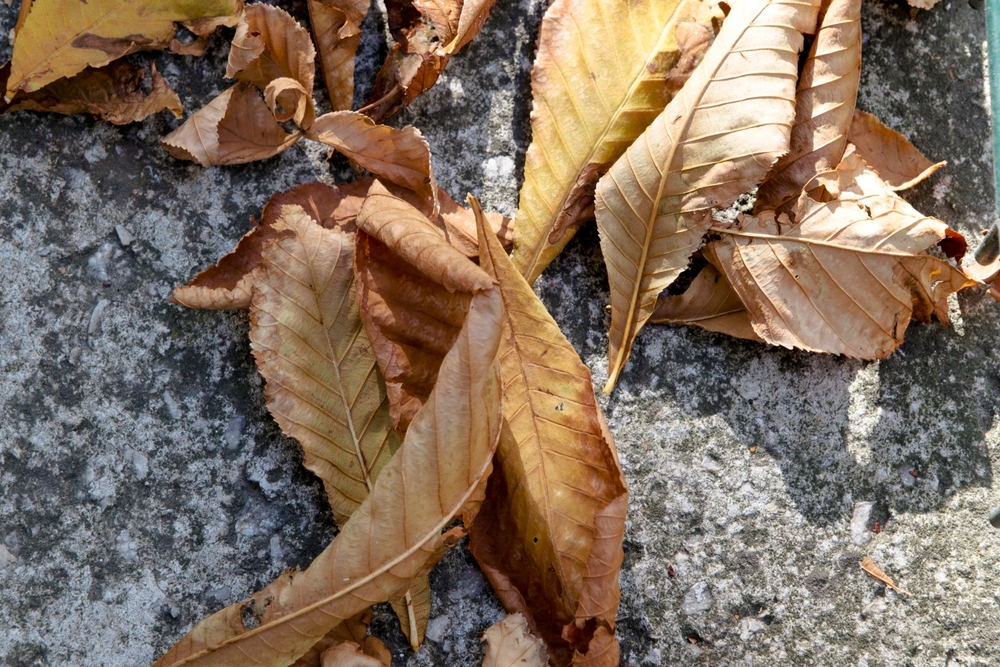Nothing Gold Can Stay, by Robert Frost.
Poet's Corner
Robert frost captures the Buddha's teachings on The Three Signs of Being in this short stanza.
 ©
© shutterstock
“Nature’s first green is gold
Her hardest hue to hold
Her early leaf’s a flower;
But only so an hour.
Then leaf subsides to leaf.
So Eden sank to grief,
So dawn goes down to day.
Nothing gold can stay”.
Robert Frost (1874 –1963) is one of America’s most celebrated poets, known for his moving descriptions of nature and rural life and his modern conversational tone. He recited by heart the poem, The Gift Outright, at John F. Kennedy’s inauguration when the glare of the sun prevented him from reading Dedication, the poem he had written for the occasion.
Nothing Gold Can Stay was published in the collection of poems entitled New Hampshire (1923) which won Frost his first Pulitzer Prize for Poetry in 1924. It is an ode to impermanence, the fleeting nature of youth and beauty, and the poignancy of passing time itself. Doctrinally in Buddhism we speak of the Three Signs of Being: suffering, impermanence and no-I. Although this poem points specifically to impermanence, all three signs of being are clearly referenced here.












